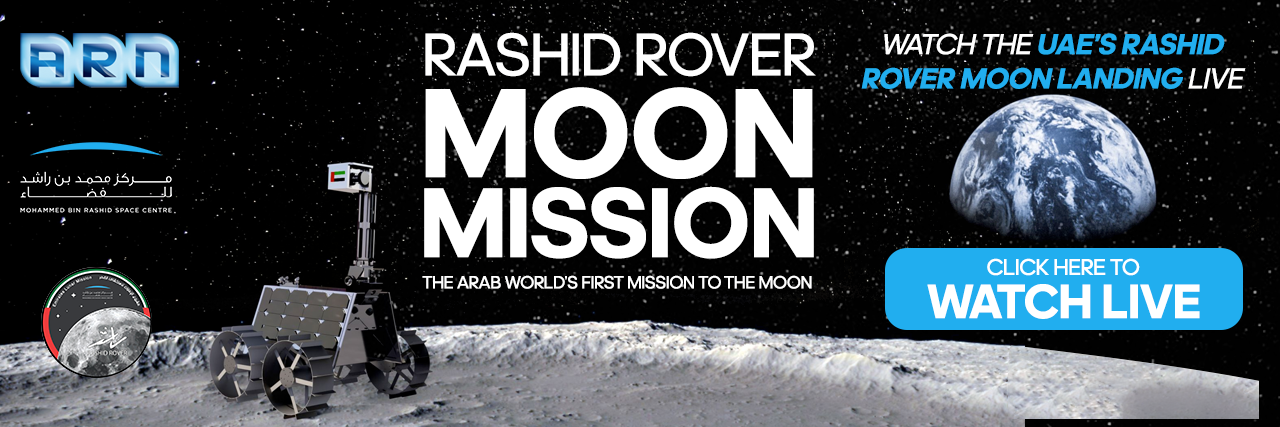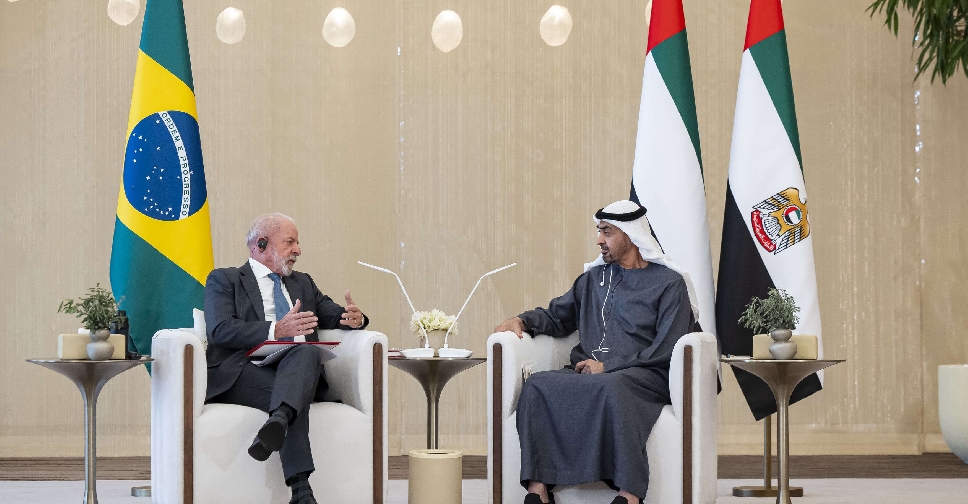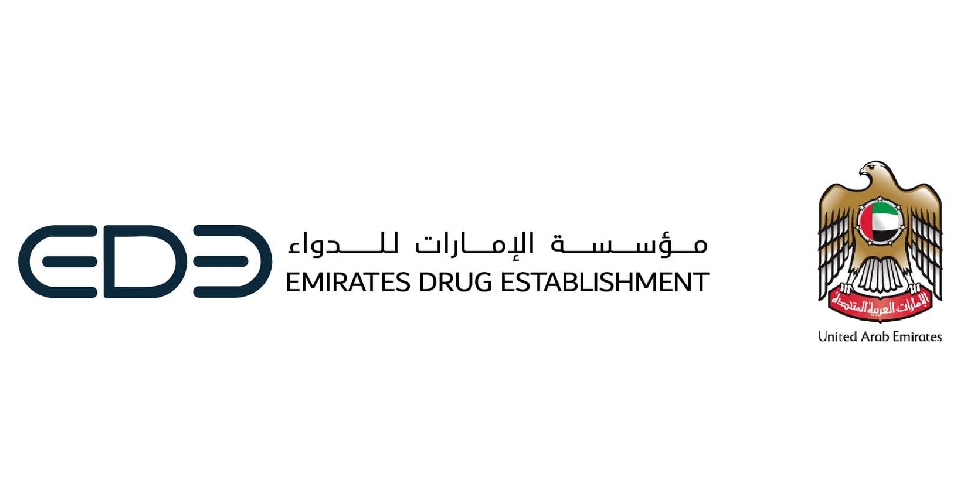UAE's Rashid Rover Attempts Historic Lunar Landing

The UAE's Rashid Rover attempts its lunar landing today, marking the Arab world's first moon mission. This significant achievement highlights the importance of investing in science and technology, inspiring future generations to pursue STEM fields. It shows that the Arab world can achieve great feats of scientific discovery with dedication, resources, and hard work.
The rover, developed by the Mohammed bin Rashid Space Centre, is equipped with a range of scientific instruments, including a high-resolution camera, a thermal imager, and a spectrometer. These tools will enable the rover to collect important data about the moon's geology, composition, and environment.
The mission utilizes the Japanese startup iSpace's lander, which will transport the Rashid Rover to the lunar surface. The lander uses a unique propulsion system, called "spike engines," which allow for a soft and controlled landing.
The landing site, located near the moon's south pole, was chosen for its potential to contain water ice, a valuable resource for future human exploration of the moon. The mission aims to provide a better understanding of the moon's resources and potential for supporting long-term human presence.
The mission also underscores the importance of international collaboration in space exploration. The partnership between the UAE and a Japanese startup showcases the benefits of pooling resources, knowledge, and expertise.
We will be live streaming the landing on our social media channels, providing a unique opportunity for people worldwide to share in the excitement and wonder of the lunar landing.
Overall, the mission represents a significant technological feat, showcasing the UAE's growing capabilities in space exploration. We await news of the Rashid Rover's success with bated breath, eagerly anticipating the possibilities it opens up for the future.
News
-
 UAE, Brazil Presidents discuss bilateral ties, strategic partnership
UAE, Brazil Presidents discuss bilateral ties, strategic partnershipUAE President His Highness Sheikh Mohamed bin Zayed Al Nahyan and Brazilian President Luiz Inácio Lula da Silva have discussed ways to strengthen cooperation across a wide range of sectors under the two nations’ strategic partnership.
-
 UAE field hospital in Gaza hosts WHO delegation
UAE field hospital in Gaza hosts WHO delegationThe UAE field hospital in Gaza has received a delegation from the World Health Organisation to review the medical services being provided to Palestinian patients.
-
 UAE activates new system to end monopoly on medical products
UAE activates new system to end monopoly on medical productsThe Emirates Drug Establishment (EDE) has activated a new mechanism aimed at ending monopolies on medical products in the UAE.

